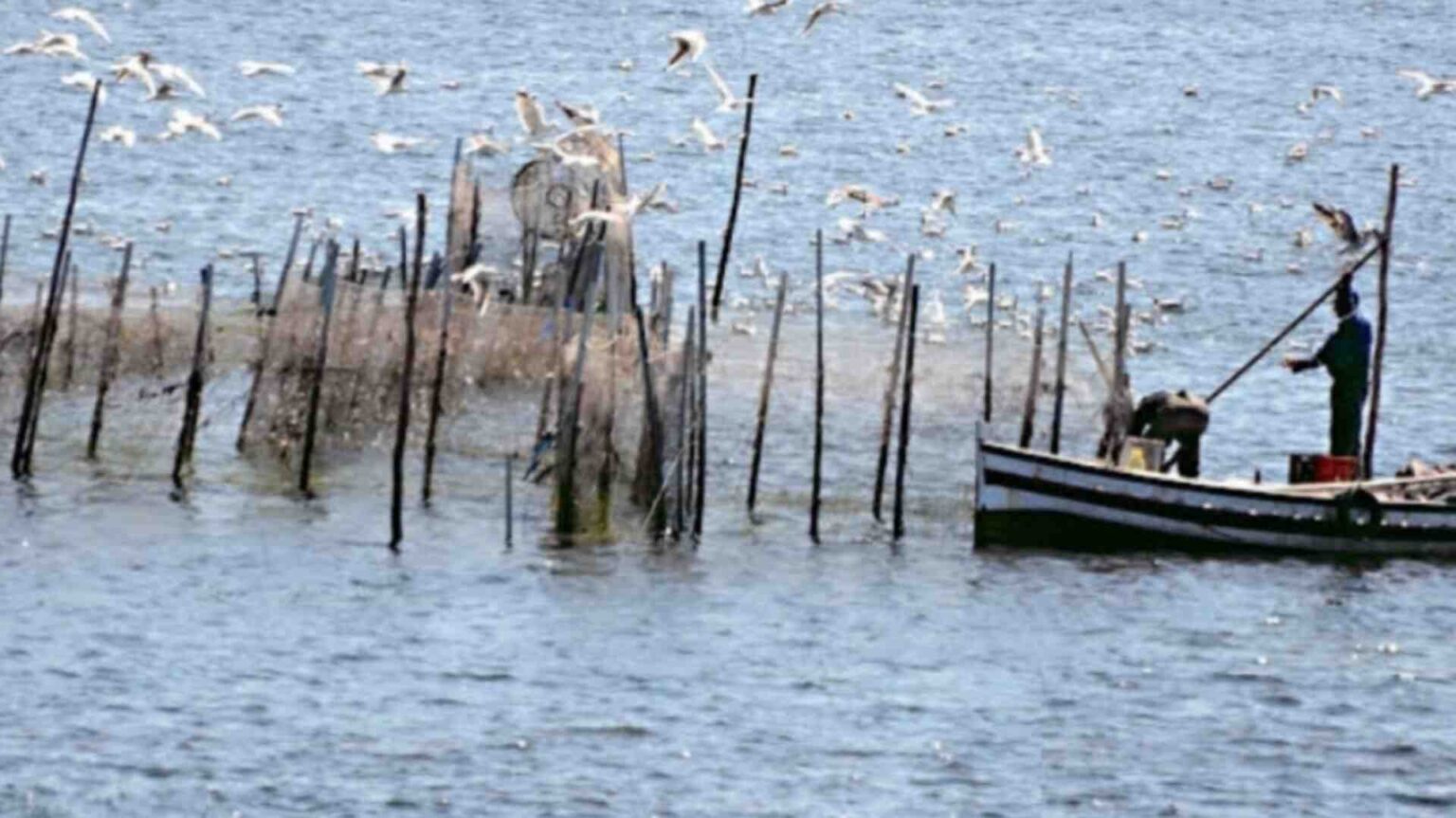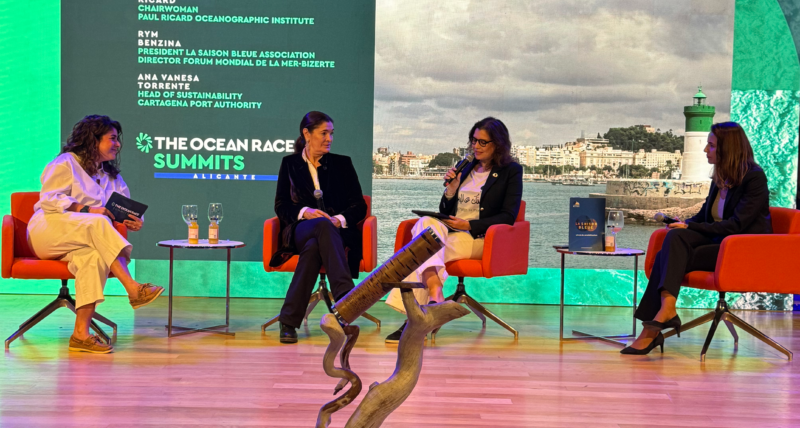Tunisia has 1,300 kilometers of Mediterranean coastline, a major asset for developing what is known as the blue economy.
This approach encompasses all economic activities related to oceans, seas, and coastal areas while respecting environmental sustainability. Faced with persistent economic challenges, the Mediterranean country is attempting to harness this largely underexploited maritime potential.
Resources to Better Exploit
Tunisia’s fishing sector currently employs nearly 60,000 people and generates about 500 million dinars per year. Despite these figures, the industry remains artisanal and struggles to modernize. Aging port infrastructure limits the competitiveness of seafood exports, particularly to Europe.
Overfishing also threatens certain species, requiring stricter regulation and sustainable practices. Aquaculture presents an interesting alternative, but its development remains modest compared to neighboring countries such as Egypt or Turkey. Investment in maritime research and modern conservation technologies could transform this traditional sector into a real growth engine.
Tourism and Environmental Challenges
Tunisian beaches attract millions of visitors each year, mainly from Europe. This coastal tourism industry contributes a significant portion of the national GDP. However, the degradation of coastal ecosystems, marine pollution, and excessive urbanization threaten the quality of this offering.
Emerging initiatives aim to promote more environmentally friendly tourism, including ecotourism and the valorization of maritime heritage. Marine protected areas are increasing, though their management requires additional resources. Raising awareness among local stakeholders and visitors is essential to preserving this natural capital over the long term.
The Potential of Renewable Energy
Tunisia is beginning to explore opportunities offered by marine renewable energies. Offshore wind projects are under consideration, particularly in the Gulf of Gabès, where wind conditions are favorable.
Wave energy and desalination technologies powered by clean energy are also attracting investor interest. These innovations could meet the country’s growing energy needs while reducing dependence on imported hydrocarbons. International partnerships are crucial to transfer technical expertise and mobilize the necessary financing for these large infrastructure projects.
The economic future of Tunisia may well be at sea. From sustainable valorization of fisheries, responsible tourism, to marine renewable energies, the potential exists. The challenge now is to coordinate efforts, attract investments, and train local talent to turn this vision into tangible economic reality.
Source: Tunisie Numerique



